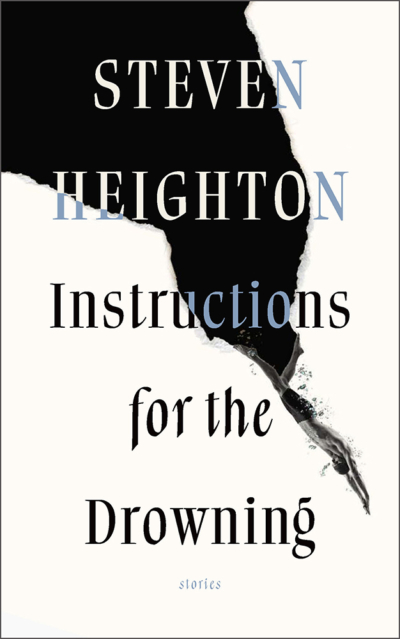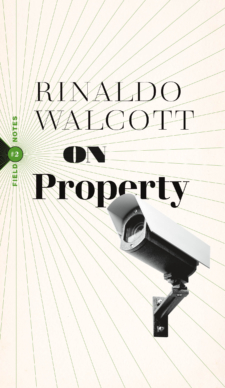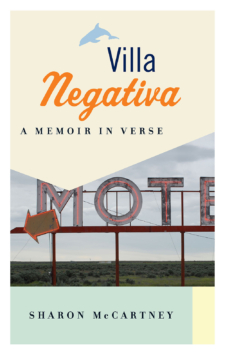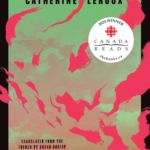Description
A NEW YORKER BEST BOOK OF 2023 • One of CBC Books Best Books of 2023 • One of the Globe 100’s Best Books of 2023
“To say Heighton is an immensely talented writer is true enough but insufficient … As good a writer as Canada has ever produced.”—National Post
A man recalls his father’s advice on how to save a drowning person, but struggles when the time comes to use it. A wife’s good deed leaves a couple vulnerable at the moment when they’re most in need of security—the birth of their first child. Newly in love, a man preoccupied by accounts of freak accidents is befallen by one himself. In stories about love and fear, idealisms and illusions, failures of muscle and mind and all the ways we try to care for one another, Steven Heighton’s Instructions for the Drowning is an indelible last collection by a writer working at the height of his powers.
Audiobook read by Amos Crawley.
Praise for Instructions for the Drowning
“To read work like Heighton’s knowing that we won’t get more of it […] inspires fury in all directions. […] Every story in this collection has ‘it,’ whatever Heighton decided ‘it’ would be: pacing that thrills; fragile love and blind hate; descriptions you can smell and taste and hear.”
—New York Times
“These stories, by a Canadian novelist, poet, and musician who died last year, peer keenly into the penumbra surrounding death.”
—New Yorker
“Released posthumously, this short-story collection carries serious emotional weight, both for the circumstances of its release and its content. All 11 short stories are gentle, profound examinations of the human condition, and are a fitting bookend to Heighton’s remarkable career.”
—Globe and Mail
“To create so many small worlds and characters that feel so real and populate is an act of transcendence. To do it well is to offer a gift. In Instructions, the late Steven Heighton has managed both, and the gift is ours.”
—Globe and Mail
“Heighton, who died last year at 60, draws on our most vulnerable moments in this moving collection, full of understated tension and exacting detail. The characters feel both recognizable and one-of-a-kind.”
—New York Times
“As these stories demonstrate, human life is a means of exploration and celebration, threaded through with darkness and loss. In the midst of death, Heighton seems to say, we are in life: it should be savoured.”
—Toronto Star
“In Instructions for the Drowning, however, he uses his poet’s precision, his depth as a novelist, and his intimacy as a memoirist to give us a glimpse of the closure he may have hoped for—for himself, for his characters, and also for his readers.”
—The Walrus
“Heighton keeps us afloat in the depths of Instructions’ themes with his truly brilliant writing which is at turns poetic, curious, compassionate and very, very funny.”
—Winnipeg Free Press
“Heighton has left an indelible mark on the realm of Canadian words and letters, with his poetry, fiction and nonfiction. This collection further solidifies his importance to Canadian Literature.”
—The Quarantine Review
“Steven Heighton has left us with a very strong final collection of short stories. I enjoyed every moment of reading Instructions for the Drowning, with each story shedding light on different parts of the human condition.”
—Miramichi Reader
“Heighton’s almost preternatural ability to recognize what to include and what to leave out of a particular piece is most apparent in his poetry and his short fiction, where compression and precision of language combine to create meaning.”
—That Shakespearean Rag
“A remarkable book by an unparalleled literary talent.”
—Steven Beattie, Quill & Quire (starred)
“Heighton will go down as one of the brightest stars in Canadian literary history.”
—FreeFall Magazine
“Masterful … the Joycean stories collected in Instructions for the Drowning are searing reminders: that the other side of rage is a vale of tears.”
—Foreword Reviews (starred)
“Instructions for the Drowning is a short story collection explores themes of love and fear, delusion and idealism and the ironic ways we come up short despite trying our very best.”
—CBC Books
“As Instructions for the Drowning pulls readers into life’s most vulnerable moments, the power and depth of Heighton’s talents shine through each page.”
—Toronto Life
“As a poet and later as fiction writer Steven Heighton had this stunning range of voice in his stories. He would go anywhere. He always surprised you. His death as a still young writer is a tragedy and a great loss. He was a writer who grew so much with each book. You could always witness it happening.”
—Michael Ondaatje, author of Warlight and The English Patient
“Steven Heighton is one of our most ethical, profound writers. These stories face delusion and illumination, rebellion and surrender, they shock with their beauty and their understanding. The characters, living and dead, are gatherers of knowledge yet the deepest parts of themselves come alive in all they cannot know. Heighton leaves us an unforgettable work that, through its rigour and exactitude, finds within itself a desperately moving liberation.”
—Madeleine Thien, author of Do Not Say We Have Nothing
“In these 11 expertly constructed and memorable short stories, he excels at capturing his subjects at moments of maximum stress, in the process illuminating different aspects of the human character.”
—Shelf Awareness
Praise for Steven Heighton
“[A] brilliant storyteller … [His] exquisite, powerful meditations on who we are place Heighton among the great Canadian writers … His focus is contemporary, but he is a practitioner of the old school, a writer for those who love to read widely and deeply.”
—Donna Bailey Nurse, Literary Review of Canada
“The key to the book’s force is Heighton’s imperative to humanize and individualize everyone he encounters … These are not statistics but people, each sensitively depicted … A stunning book, by turns heartbreaking and affirming, fundamentally human in its depth and scope.”
—Quill & Quire (starred review)
“Vivid and powerfully drawn … The Shadow Boxer is an energetic, fluent and interesting novel by a writer who has already shown himself to be gifted, capable of exploring and experimenting with language.”
—Times Literary Supplement
“Heighton works (and plays) with words in wondrous ways few contemporary poets even dream of attempting, let alone conquering.”
—Judith Fitzgerald, Globe and Mail








